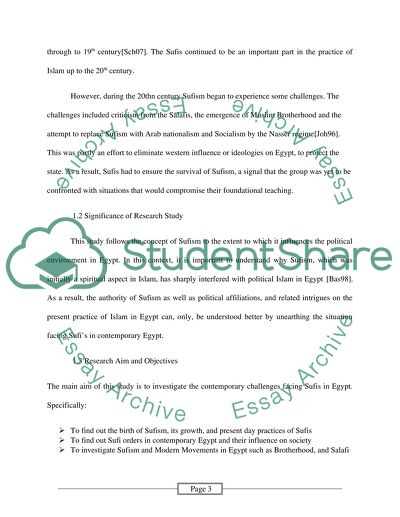Cite this document
(“Contemporary Challenges Facing Sufis In Egypt Dissertation”, n.d.)
Contemporary Challenges Facing Sufis In Egypt Dissertation. Retrieved from https://studentshare.org/religion-and-theology/1629828-contemporary-challenges-facing-sufis-in-egypt
Contemporary Challenges Facing Sufis In Egypt Dissertation. Retrieved from https://studentshare.org/religion-and-theology/1629828-contemporary-challenges-facing-sufis-in-egypt
(Contemporary Challenges Facing Sufis In Egypt Dissertation)
Contemporary Challenges Facing Sufis In Egypt Dissertation. https://studentshare.org/religion-and-theology/1629828-contemporary-challenges-facing-sufis-in-egypt.
Contemporary Challenges Facing Sufis In Egypt Dissertation. https://studentshare.org/religion-and-theology/1629828-contemporary-challenges-facing-sufis-in-egypt.
“Contemporary Challenges Facing Sufis In Egypt Dissertation”, n.d. https://studentshare.org/religion-and-theology/1629828-contemporary-challenges-facing-sufis-in-egypt.


